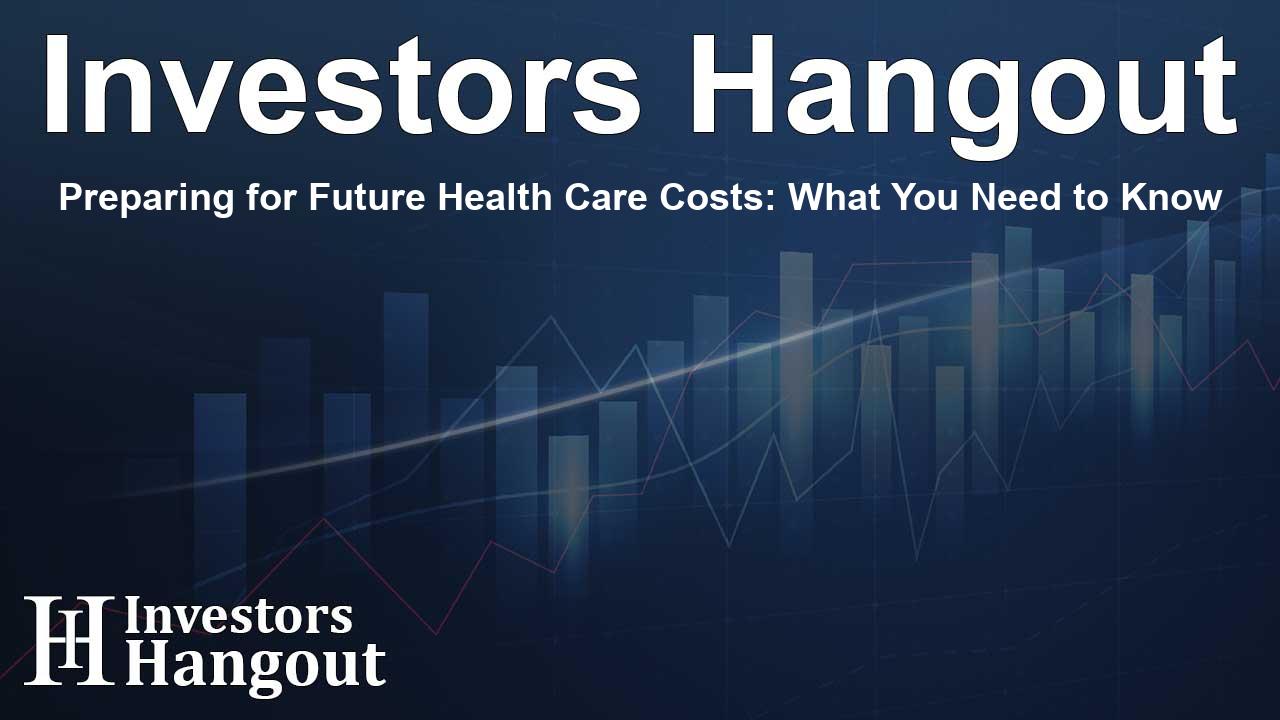Preparing for Future Health Care Costs: What You Need to Know

Understanding the Health Care Cost Crisis
Many Americans face a looming challenge regarding health care expenses. Personal finance expert Suze Orman emphasizes the urgency for individuals to reconsider their financial plans as temporary Affordable Care Act subsidies are set to expire, likely resulting in skyrocketing premiums.
Impending Changes to ACA Subsidies
Since the inception of enhanced federal tax credits back in 2021, many families have enjoyed reduced premiums for plans under the ACA. Reports indicate that families have saved an impressive average of $706 annually due to these subsidies. However, as we approach 2026, these monetary relief initiatives are set to conclude, raising serious concerns about future affordability for many.
Who Will Feel the Impact?
Even those under employer-sponsored insurance may feel the repercussions of these shifts. Job changes, early retirement decisions, or transitions to gig work could leave individuals without affordable coverage options. Orman stresses the reality that anyone can face unexpectedly high costs for health care.
Key Groups at Risk
Several demographics could be particularly vulnerable to the ramifications of subsidy expirations:
- Workers facing job loss or retirement: For those who lose their job before becoming Medicare eligible, ACA offerings may be their only viable option. Although COBRA provides limited coverage, its costs can add significant financial pressure.
- Entrepreneurs and freelancers: Often, the ACA marketplace becomes the main source for health insurance among independent workers.
- Young adults aging out: Individuals turning 26 must secure their own coverage after being allowed to remain on parental plans, which often necessitates finding a plan through the ACA.
Risks of Uninsured Status
As people weigh the idea of dropping coverage in response to rising premiums, Orman cautions against the peril that comes with being uninsured. Catastrophic medical bills can follow those without coverage, impacting even healthy individuals who may encounter unforeseen medical events. "Not having health insurance is an emergency," she affirms, and many would be better off addressing the manageable burden of higher premiums rather than risking exposure to immense out-of-pocket expenses.
Preparing Financially for 2026
With the timeline before significant changes approaching, Orman advocates for immediate action. Households should start preparing now to cushion the upcoming financial impact:
- Evaluate your budget: Identify unnecessary expenses that can be trimmed to make way for increased premiums.
- Establish an emergency fund: Savings can act as a buffer for unexpected health costs, which might arise during times of reduced income.
- Plan for family dependents: Conversations with young adults about affordable options and necessary preparations can alleviate future stress.
- Stay updated: It’s crucial to monitor when premium adjustments are announced, as they can vary significantly based on state regulations.
A Call to Action
Health care costs consistently pose a potential financial risk to families, and the upcoming expiration of ACA subsidies may compel many to reevaluate their health care choices. Orman’s resounding message encourages thorough planning and budgeting while considering health insurance as an essential part of financial well-being.
For individuals nearing retirement, changing careers, or helping younger family members navigate health coverage, now is an opportune time to cultivate a manageable financial strategy for the impending shifts.
Frequently Asked Questions
Why are ACA subsidies significant?
ACA subsidies help lower premiums for health insurance plans, making it more affordable for many families.
What will happen when ACA subsidies expire?
Once the subsidies end, many families could see their premiums significantly increase, sometimes more than doubling.
How can I prepare for increased health care costs?
Reviewing your budget, building an emergency fund, and staying informed about upcoming changes can help you prepare.
Who is most at risk of losing health coverage?
Workers facing job changes, gig workers, and young adults aging out of their parent's plans are at higher risk.
What should I consider if I drop my insurance?
Going without health insurance exposes individuals to potentially catastrophic medical costs, making it a risky decision.
About The Author
Contact Logan Wright privately here. Or send an email with ATTN: Logan Wright as the subject to contact@investorshangout.com.
About Investors Hangout
Investors Hangout is a leading online stock forum for financial discussion and learning, offering a wide range of free tools and resources. It draws in traders of all levels, who exchange market knowledge, investigate trading tactics, and keep an eye on industry developments in real time. Featuring financial articles, stock message boards, quotes, charts, company profiles, and live news updates. Through cooperative learning and a wealth of informational resources, it helps users from novices creating their first portfolios to experts honing their techniques. Join Investors Hangout today: https://investorshangout.com/
The content of this article is based on factual, publicly available information and does not represent legal, financial, or investment advice. Investors Hangout does not offer financial advice, and the author is not a licensed financial advisor. Consult a qualified advisor before making any financial or investment decisions based on this article. This article should not be considered advice to purchase, sell, or hold any securities or other investments. If any of the material provided here is inaccurate, please contact us for corrections.
